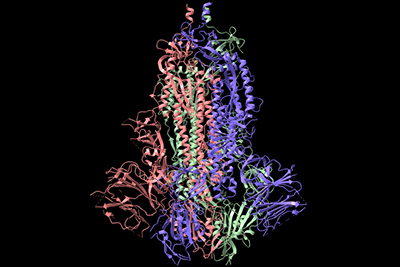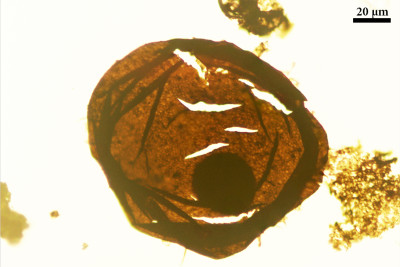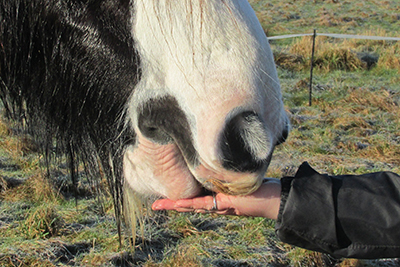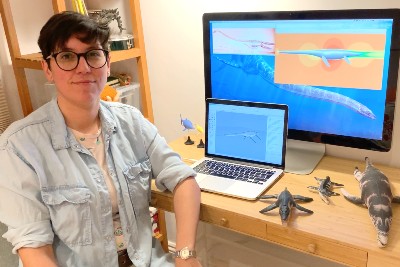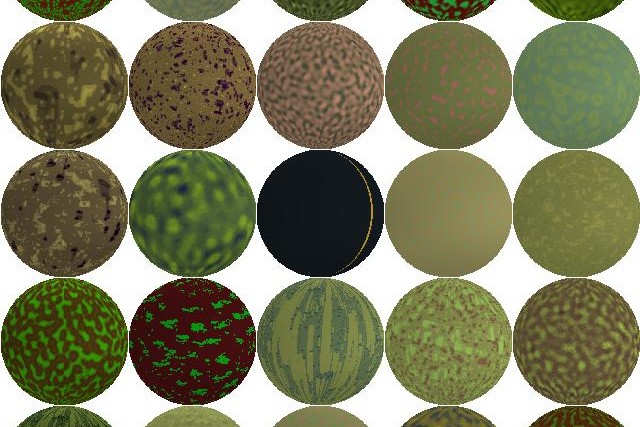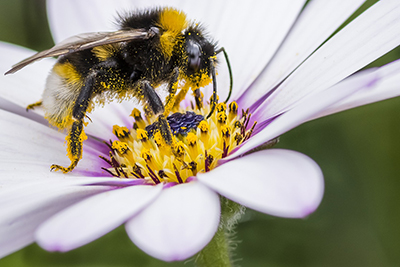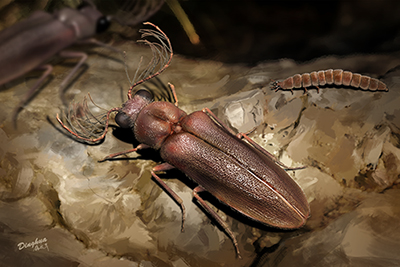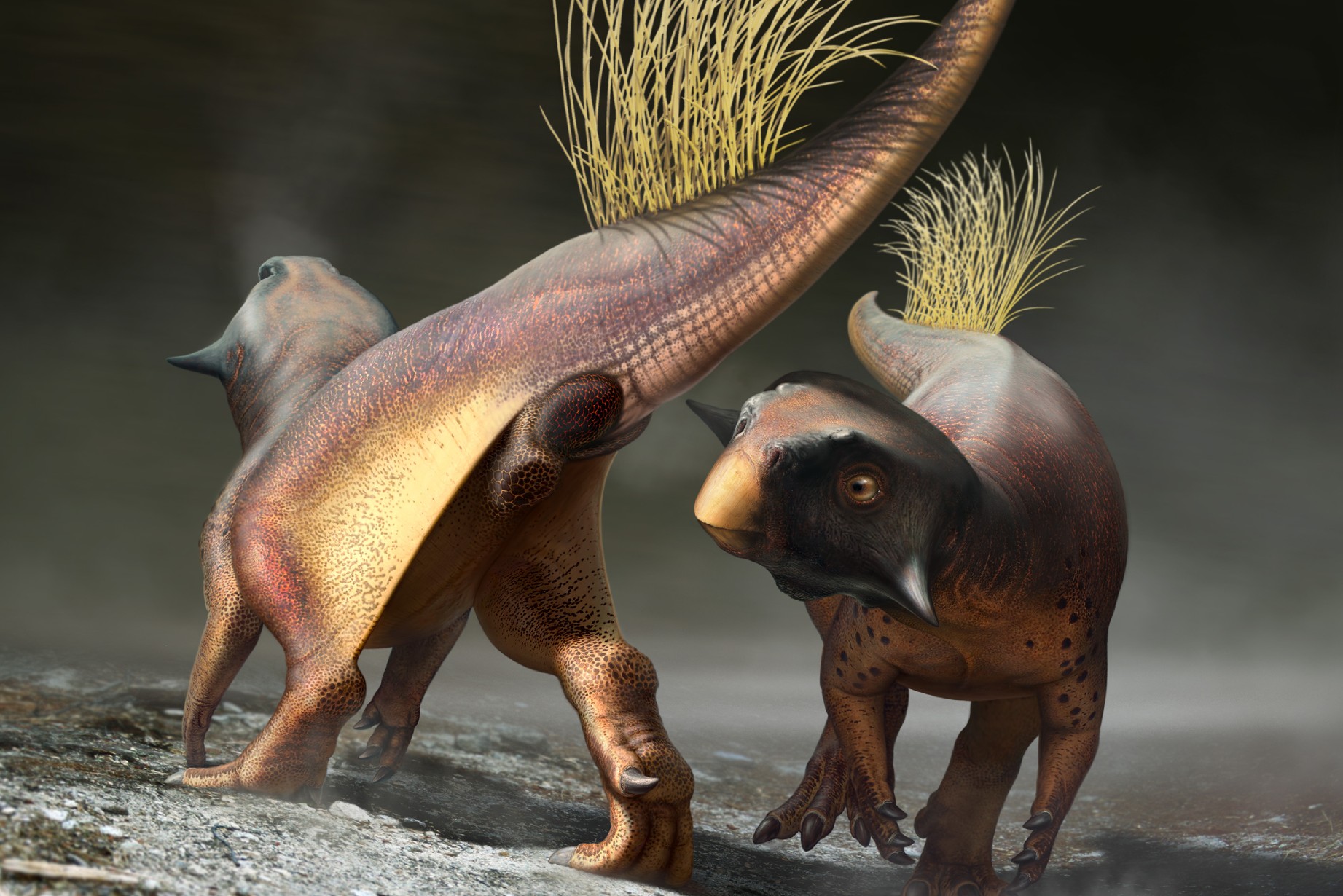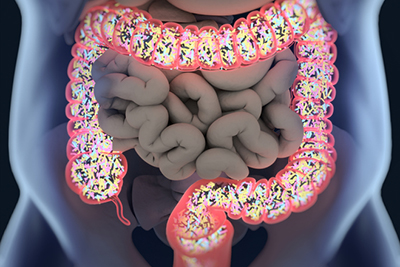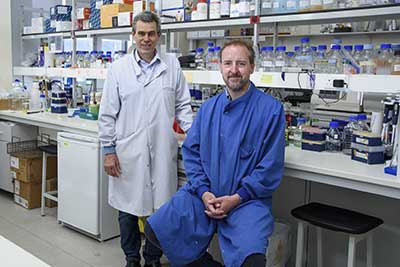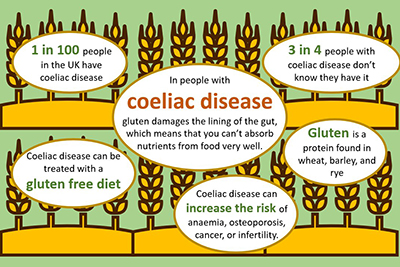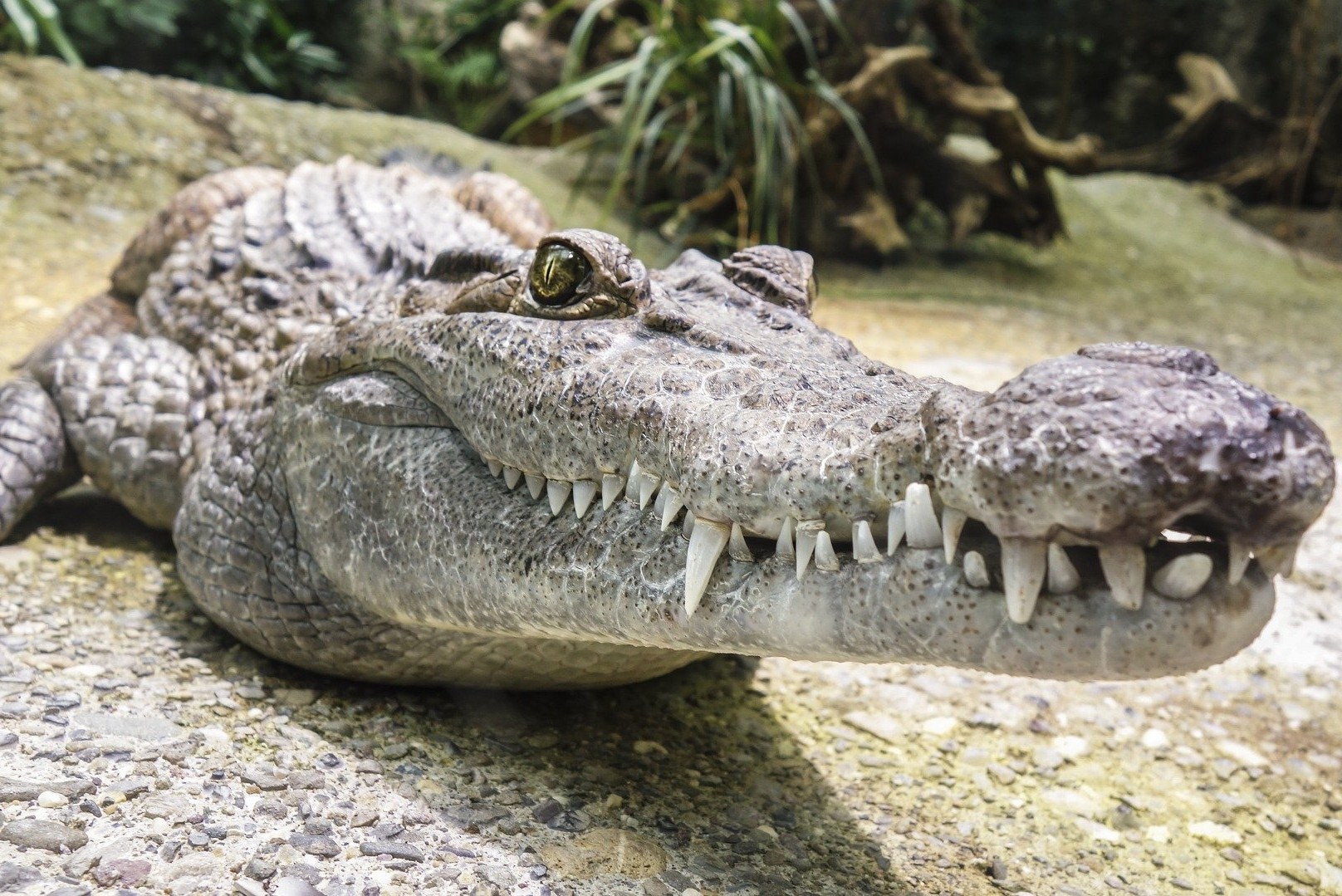Bristol group snatches FIVE nominations at ‘Grammys of a cappella’
Talented singers from the University of Bristol were left “stunned” when their debut album was nominated for five awards at the CARAs, the Grammys of the a cappella world.
Talented singers from the University of Bristol were left “stunned” when their debut album was nominated for five awards at the CARAs, the Grammys of the a cappella world.
Being prepared for a pandemic, like COVID-19, depends on the ability to predict the course of the pandemic and the human behaviour that drives spread in the event of an outbreak. Cell phone metadata that is routinely collected by telecommunications providers can reveal changes of behavior in people who are diagnosed with a flu-like illness, while also protecting their anonymity, a new study has found. The research, led by Emory University and devised by the University of Bristol, is based on data drawn from a 2009 outbreak of H1N1 influenza in Iceland and published in Proceedings of the National Academy of Sciences (PNAS).
The origin of flowering plants famously puzzled Charles Darwin, who described their sudden appearance in the fossil record from relatively recent geological times as an “abominable mystery”. This mystery has further deepened with an inexplicable discrepancy between the relatively recent fossil record and a much older time of origin of flowering plants estimated using genome data.
Evidence is emerging that vitamin D – and possibly vitamins K and A – might help combat COVID-19. A new study from the University of Bristol published in the journal of the German Chemical Society Angewandte Chemie has shown how they – and other antiviral drugs – might work. The research indicates that these dietary supplements and compounds could bind to the viral spike protein and so might reduce SARS-CoV-2 infectivity. In contrast, cholesterol may increase infectivity, which could explain why having high cholesterol is considered a risk factor for serious disease.
Organelles continue to thrive after the cells within which they exist die, a team of University of Bristol scientists have found, overturning previous assumptions that organelles decay too quickly to be fossilised.
A study has revealed for the first time the ancient origins of one of the world’s most important ecosystems by unlocking the mechanism which determined the evolution of its mountains and how they shaped the weather there as well as its flora and fauna.
The British Horse Society (BHS) and the University of Bristol Veterinary School are asking members of the public not to feed any horses they may encounter whilst out and about.
New research suggests the majority of people in the UK are willing to use privacy-encroaching tracking technology and support the introduction of ‘immunity passports’ to protect themselves and others in the COVID-19 pandemic.
A PhD student has scored twice at a major international science conference, winning prizes for best talk and best poster.
A new method, developed by scientists at the University of Bristol can determine the optimal colouration pattern to cover an object in order to make it as visible or concealed as possible, in any given environment.
Just like us, many insects need a decent night’s sleep to function properly, but this might not be possible if they have been exposed to neonicotinoid insecticides, the most common form of insecticide used worldwide, suggests research by academics at the University of Bristol.
The University is seeking volunteers for a new study that will identify the foods women tend to avoid during pregnancy and the information sources that influence their decision to include or avoid certain foods.
A £20 million investment to champion innovation and nurture the greatest minds in mathematical sciences across the UK has been awarded today to the Heilbronn Institute for Mathematical Research (HIMR).
Treasures collected by the University of Bristol, including Brunel documents, historic maps and rare film, will be made public thanks to a major investment in digitisation equipment.
Whooping cough is widespread, highly contagious and serious for new-born babies. However, 30 per cent of pregnant women in the UK do not receive the whooping cough vaccine, leading to avoidable illness and death and the Covid-19 pandemic appears to be having a negative impact on these numbers. New research led by the University of Bristol aims to understand why pregnant women are not being vaccinated against whooping cough and how to improve delivery by maternity services and mothers’ uptake of vaccines.
Trapped in amber for 100 million years, an exceptionally well-preserved, light-producing beetle sheds light on the diversification of bioluminescent beetles in the Cretaceous period and provides the missing fossil link between fireflies’ living relatives.
At-home blood pressure monitoring using a web-based system offering personalised support and linked to a remote healthcare professional can result in better hypertension management than face-to-face consultations, finds a study led by University of Oxford, Bristol and Southampton researchers.
For the first time ever, a team of scientists, led by the University of Bristol, have described in detail a dinosaur’s cloacal or vent – the all-purpose opening used for defecation, urination and breeding.
Human genes have an impact on shaping our gut ecosystem according to new evidence from the international MIBioGen consortium study involving more than 18,000 people. The findings, led by the University Medical Center Groningen, Netherlands and involving researchers at the University of Bristol, are published today [18 January] in Nature Genetics.
Experts from the University of Bristol are among a UK-wide consortium that is pushing the boundaries of drone development and aviation capabilities.
A study published today [18 January] in the publication Addiction suggests that the UK government’s current national population-based data may be understating illicit drug usage among young people by as much as 20 per cent.
A new national research project to study the effects of emerging mutations in SARS-CoV-2 is launched today [15 January]. The £2.5 million UK Research and Innovation (UKRI)-funded 'G2P-UK' National Virology Consortium will study how mutations in the virus affect key outcomes such as how transmissible it is, the severity of COVID-19 it causes, and the effectiveness of vaccines and treatments.
Professor Peter Cullen, a Wellcome Trust Investigator from the School of Biochemistry at the University of Bristol, has been awarded the Royal Society Noreen Murray Professorship to expand his research into neurological sciences.
Foraging humans find food, reproduce, share parenting, and even organise their social groups in similar ways as surrounding mammal and bird species, depending on where they live in the world, new research has found.
A new survey from researchers at NIHR ARC West and the University of Bristol has been launched to understand how sure people want to be that they’ve got coeliac disease before starting a gluten-free diet.
Scientists based at Rothamsted and the University of Bristol Veterinary School have found a clear link between the weight of lambs early in their life and meat quality – which is good news for consumers, farmers, and the environment.
The West of England Combined Authority (WECA) has secured over £3m from the Government to test how the country can seize the full benefits of 5G and help businesses harness the power of modern technology.
New research provides a stark warning of the need to address emissions from one of the most potent greenhouse gases - methane.
A pioneering study by University of Bristol researchers finds that the evolution of teeth in the giant prehistoric shark Megalodon and its relatives was a by-product of becoming huge, rather than an adaptation to new feeding habits.
A major new project is inviting people to its virtual launch event, to find out more about how it will be working with people of African and Caribbean heritage to tackle HIV infections and stigma in these communities in Bristol and the surrounding area.
A new study published in Nutrition Research has found that children born to a mother with low intake of Vitamin B12 during pregnancy were at increased risk of adverse development specific to certain speech and mathematical abilities.
Refugees, migrants and newly arrived communities have long been at the forefront of new enterprise but often left behind when it comes to support. However, that is all about to change through a major new project led by ACH and with partners from Bristol's School for Policy Studies and the West of England Combined Authority.
New research by scientists at the University of Bristol explains how a ‘stop-start’ pattern of evolution, governed by environmental change, could explain why crocodiles have changed so little since the age of the dinosaurs.
A team of renowned scientific experts has joined forces from across the world to help fight the spread of misinformation about the COVID-19 vaccines, which hold the key to beating the deadly pandemic and releasing countries from debilitating lockdown restrictions.
A new study, led by researchers at the Universities of Bristol, Exeter and Bath, helps to shed light on the winter weather we may soon have in store following a dramatic meteorological event currently unfolding high above the North Pole.
The UK could be facing a future of extreme heatwaves according to a new study in which scientists mapped almost 40 years’ worth of trends to project what lies ahead.



